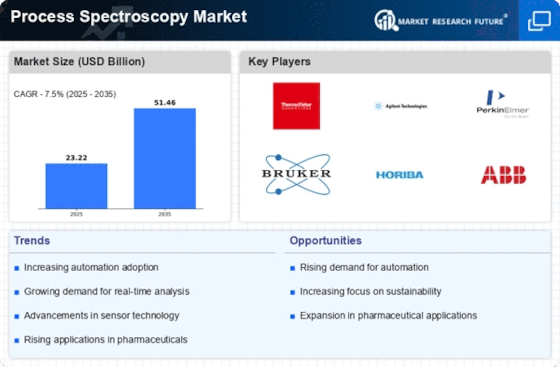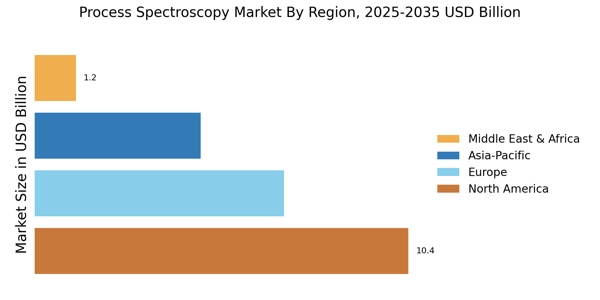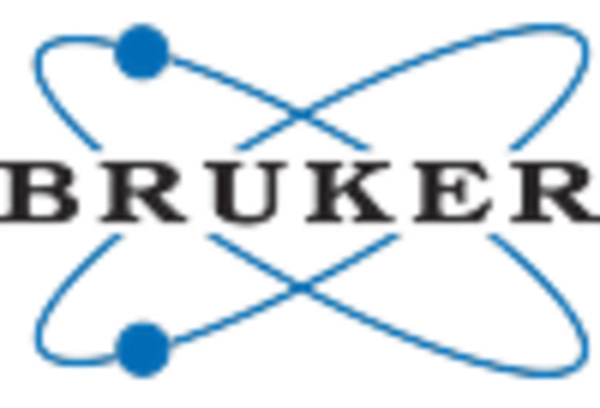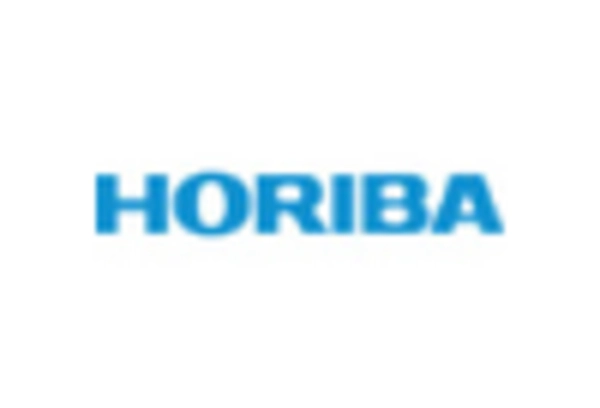April 2024: Shimadzu Corporation launched a gas chromatograph-mass spectrometer that selects elements called ELEM-SPOT. The first-of-its-kind system in the world is capable of detecting oxygen and nitrogen-containing compounds that affect biofuel quality from among many raw material ingredients. It was developed together with global energy company TotalEnergies, France’s University of Pau et Pays de l’Adour (UPPA), and the Spain-based University of Oviedo (UO). For instance, this machine can identify substances present in biofuel feedstocks that cause deterioration in production efficiency and quality. Users can easily find these compounds, measure them, and confirm whether they have been removed successfully or not.
In so doing, it will contribute to the establishment of analytical methods for biofuels, thereby accelerating the transition from fossil fuels.
July 2023: Technology Networks interviewed Steve Smith, vice president of discovery and development at Waters Corporation, during the American Society for Mass Spectrometry Annual Conference (ASMS). Our discussion covered a range of topics, including different applications where this technology can be used, from spatial biology using mass spectrometry imaging (MSI) to solving bottlenecks encountered in biopharmaceutical development. He also talked about how sustainability remains a key priority for Waters whilst pushing limits on what is achievable by its clients.
During the 71st Annual Society for Mass Spectrometry (ASMS) meeting in June 2023, President of Life Sciences Mass Spectrometry at Bruker Daltonics, Rohan Thakur, introduced new product launches from Bruker and discussed applications of the company’s latest mass spectrometer times of Ultra for immunopeptidomics. Over the years, there has been an emphasis on making mass spectroscopy more sensitive, which is useful when studying low-abundant proteins in small amounts of samples. The Times of Ultra provides breakthrough single-cell analysis sensitivity, robustness, and high sequence coverage, allowing scientists to see more proteins and their associated pathways, according to Thakur.
Thermo Fisher Scientific Inc. has released a new Raman spectroscopic analyzer for process monitoring in various fields, such as biopharmaceutical manufacturing, according to an announcement made in April 2022. The Thermo Scientific Ramina Process Analyzer carries out non-destructive and continuous analysis without sample preparation needed; hence, rapid system setup takes only 15 minutes, and then, within seconds, spectral data on target analytes are generated. This user-friendly system simplifies performing Raman spectroscopy measurements, thus making it possible even at the beginner level while maintaining high precision as well as accuracy.
The compact size allows fast results using patented probes, thus enabling fully automated in situ measurements for concentration calculation in a reaction vessel.
June 2022: The triple quadrupole mass spectrometer DART-EVOQ was unveiled by Bruker Corporation. The product is employed in quantitative analysis with high throughput. Additionally, the DART-EVOQ mass spectrometer's debut is to provide applicable markets with a workflow that is straightforward, reliable, sensitive, and targeted.
April 2022: The new Xevo G3 quadrupole time-of-flight (QTof) mass spectrometer, CONFIRM Sequence, and Multi-reflection time-of-flight (MRT) mass spectrometer are all offered by Waters Corporation. In applications including biotherapeutics, forensics, metabolite identification, metabolomics, extractables and leachables, the novel solutions are designed to measure thermally fragile compounds.

















